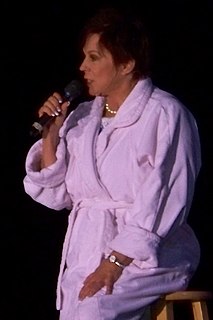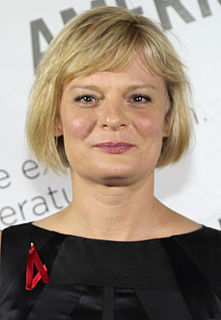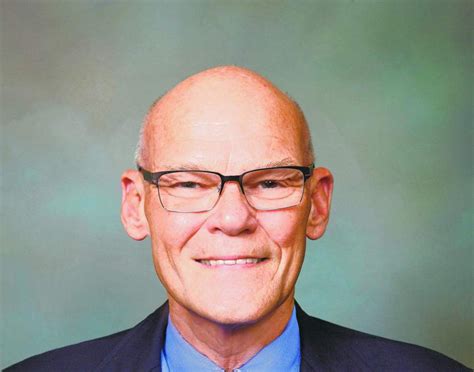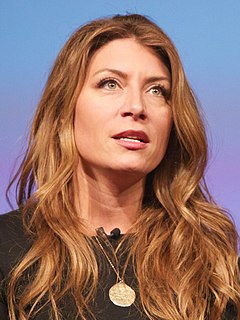A Quote by Emo Philips
I think of people as members of an audience. But an audience acts independently of every individual. It's an organism on its own. I focus on that living hydra in the dark.
Related Quotes
What I have found is, so much of that is like a Chinese finger trap: the more you play to the dark, the more you will get trapped in the dark, and if you just play to the light and focus on the people that don't misunderstand you and focus on the audience that does celebrate you and focus on the people who aren't trying to tear you down, all that other stuff eventually erases itself because it has nothing to feed on.
I don't think about the audience, I don't think about what makes them happy, because there's no way for me to know. To try to think of what makes for entertainment is a very Japanese thing. The people who think like this are old-fashioned. They think of the audience as a mass, but in fact every person in the audience is different. So entertainment for everyone doesn't exist
































